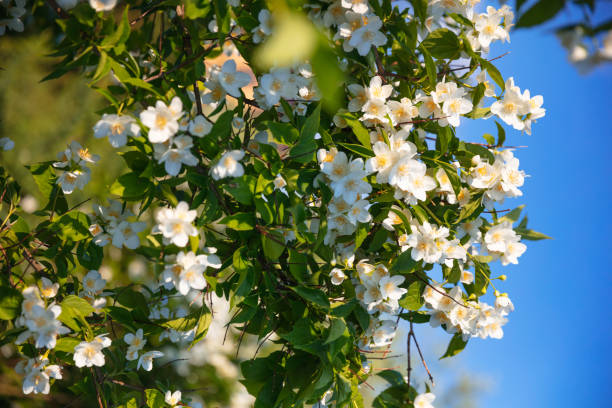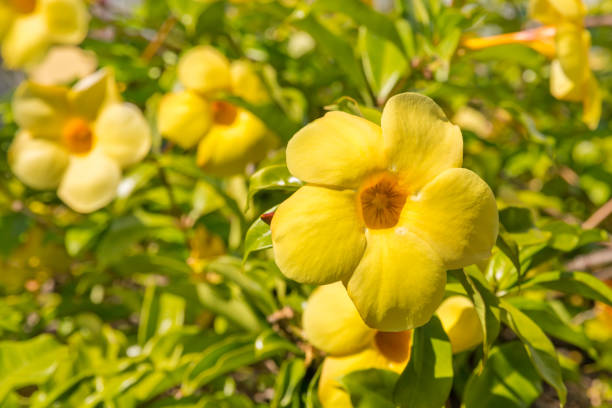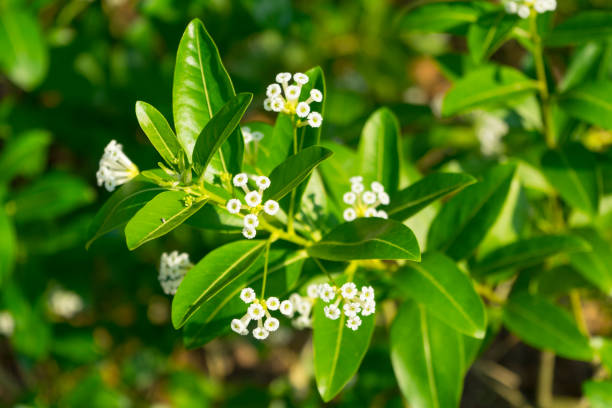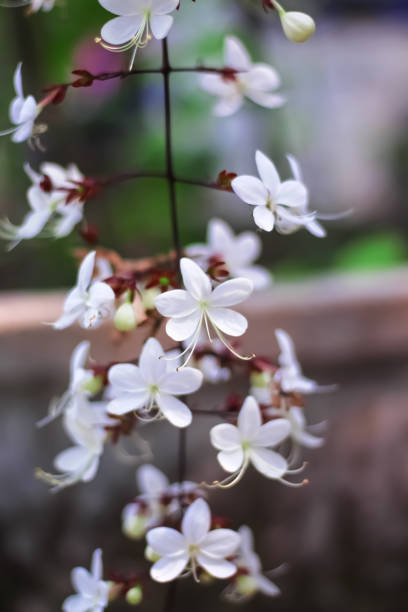Is Jasmine Toxic To Dogs?
According to the American Society for the Prevention of Cruelty to Animals, most jasmine plants are not harmful to dogs, although there are some. Even though ingesting a jasmine plant will not result in the more serious symptoms associated with poisoning, it may cause gastrointestinal symptoms. Whenever any animal consumes a plant that is not normally part of its diet, it may experience discomfort.

Table of Contents
The Issue with the Name “Jasmine”
Given that jasmine plants are not toxic to cats and dogs. The problem, however, is not with the plant itself but rather with the name Jasmine. The Jasminum genus contains non-toxic Jasmine flowers and plants. There are, however, other plants with the name Jasmine that are also grown in the wild, which do not belong to the Jasminum genus and are extremely toxic to animals because they do not grow in that environment.
According to the research, three pseudo-Jasmines have been identified as being highly toxic to dogs and even children. The three varieties are the Carolina Jasmine, the Night-blooming/Day-blooming Jasmine, and the Cape Jasmine.
Despite the fact that they are named after the dog-friendly Jasminum genus, they do not belong.
Which Jasmine Is Poisonous?
Carolina Jasmine

The presence of the toxic gelsemium alkaloid is immediately apparent in the compound’s name. They are most common in Central America and the Caribbean, but they also thrive in Southeast America, where they are less common. Carolina Jessamine is the name given to these plants in the scientific community. However, because of the large number of word-of-mouth information transfers, Jessamine is sometimes pronounced as Jasmine, and the rest is history.
These are extremely toxic to dogs due to the gelsemium alkaloid in their bodies, which causes them to die. Children have reportedly been poisoned, according to reports, after sucking on their nectars. Dogs are also at risk of becoming ill from sucking on their nectars. Among its physical effects on the body are muscle weakness/numbness and paralysis during its initial onset, followed by seizures, dyspnea, or difficulty breathing, and in some cases, death in severe cases.
Day Blooming Jasmine

Cestrum species are toxic in all plant parts, but the berries are particularly dangerous. A glycoside of 1,25-dihydroxycholecalciferol (Cestrum diurnum) is found in Day Blooming Jasmine, which is hydrolyzed in the digestive tract to form an active vitamin D3.
Night Blooming Jasmine

According to the United States Food and Drug Administration (FDA), it is believed that night-blooming jessamine is toxic to humans. Toxic mammals such as dogs and horses, the plant’s entire structure, including the flowering parts, the leaves, and even the berries, is described in the Merck Manual for Pet Health. According to the book “Poisonous Plants of Paradise: First Aid and Medical Treatment of Injuries from Hawaii’s Plants,” night-blooming Jasmine contains alkaloids that are similar to atropine as well as the glycoalkaloid solanine, both of which are toxic to dogs if the canine consumes them. These chemicals are considered highly poisonous to both humans and dogs. They have been classified as a major danger by the California Poison Control System, the highest level of danger given to vegetation.
Symptoms of Jasmine Poisoning in Dogs
If your dog has consumed Jasmine, he may exhibit the following signs or symptoms:
- Muscle sluggishness
- Paralysis
- Having trouble swallowing
- Breathing rate has been reduced
- Loss of vision
- Nausea
- Diarrhea
- Seizures
- Vomiting
- Depression
- a lack of desire to eat
- Loss of weight
- Increased heart rate
- Tremors
If your pet is experiencing severe or long-lasting symptoms, you should seek medical attention. Bring a sample of the plant in question to the veterinarian’s office with you and your animal companion. It will assist the veterinarian incorrectly identifying the plant and administering the appropriate treatment to your pet.
Dog Poisoning by Jasmine: Effective Treatment Options
If your dog has recently consumed Jasmine, the veterinarian may decide to induce vomiting. The vet may also use other methods to remove the poison from your dog’s system, such as gastric lavage, activated charcoal, or other medications.
Your dog may also require fluids administered through an IV to prevent him from becoming dehydrated, as well as medication to treat any other symptoms that may arise during the procedure.
The prognosis is favorable if your dog receives prompt medical attention; however, the extent to which your dog has consumed the plant can also influence the outcome. The majority of dogs will be fine, but they will need to see a veterinarian as quickly as possible to be treated.
If your dog’s yard has any of these plants, you should remove them. When you’re out for a walk in any place, keep an eye on your dog to see what he’s up to. He can grab something and swallow it in a flash. Be sure to keep him from eating anything while you’re out walking with him.
